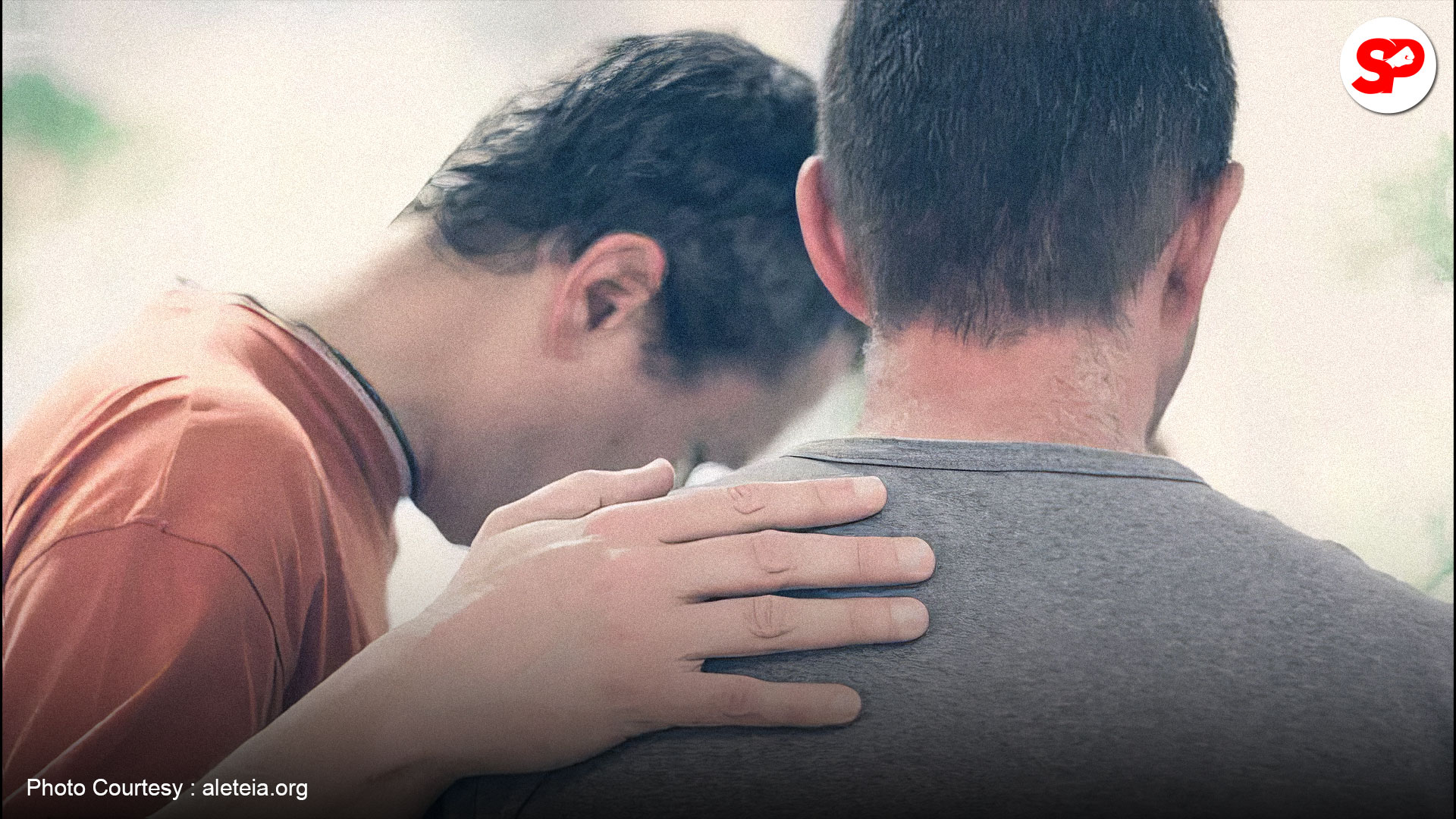By Simon Pedro
Yesterday, just before Mass, one of our church elders approached me with a concern that had been troubling her.
She recalled last Sunday’s Mass when, during the collection, one of the mass collectors seemed to deliberately overlook her and two others. They held out their offering, but instead of accepting it, the collector moved on and ignored them. Confused and a little hurt, she asked me for advice on what to do next.
At that moment, I could empathize with her.
I had a similar experience with the same person not too long ago. I shared with her how I had addressed the situation: a calm conversation with the collector to express my concern.
However, I sensed that she was looking for more than just a personal anecdote—she wanted guidance on how to handle the matter in a way that would correct the behavior without causing unnecessary tension in the community.
As I reflected on the current incident and my previous experience with the same individual, I realized how important it is to discern and think carefully about the best way to approach and correct someone.
It’s not something to rush into or handle impulsively.

After the Mass, I accompanied the elder to our chapel coordinator, where we shared the incident. I believed this was the best course of action, rather than following what was initially advised to her by another elder—to go straight to the parish priest and report the incident.
While the priest is indeed a figure of authority, we have designated leaders within our community to handle situations like these. It is important to respect their roles.
More than just following protocols, I realized the heart of the matter lies in how we correct others—with a Christian spirit of calm, love, and patience. The aim isn’t to put the person down but to help them grow and reflect on their behavior.
If we allow these issues to go unaddressed, what message would that send to the rest of the community, especially if the behavior persists?
As I reflected, I asked myself how I could be a reflection of Jesus, who lovingly corrected His apostles, always aiming to guide them closer to holiness.
But as much as we should aim at lovingly correcting others, I also came to realize that we, too, must be ready to accept correction. None of us are perfect.
We all have our own imperfections, and if we’re serious about growing in faith and unity, we must be humble enough to accept corrections when they are given. It’s not an easy thing to do, but if I want to be part of the solution, I need to be open to the same guidance I give to others.
In striving to reflect Jesus, I realize that my corrections must be straightforward yet loving—not focused on the fault itself but on the potential for improvement. Fraternal correction, when done in the right spirit, is transformative.
I encourage you, my brothers and sisters, to try it. Sooner or later, you will experience the magic of fraternal correction and witness how it betters not just individuals but the entire community.
I believe this is what the Lord is calling us to do: to love one another as God has loved us. The Church is not perfect. In fact, over its 2,000-year history, it has often been its own members who have caused damage and shame.
Yet, here it still stands. We should never give up on loving and correcting each other, for it is through this that our Church will thrive and continue its mission.

